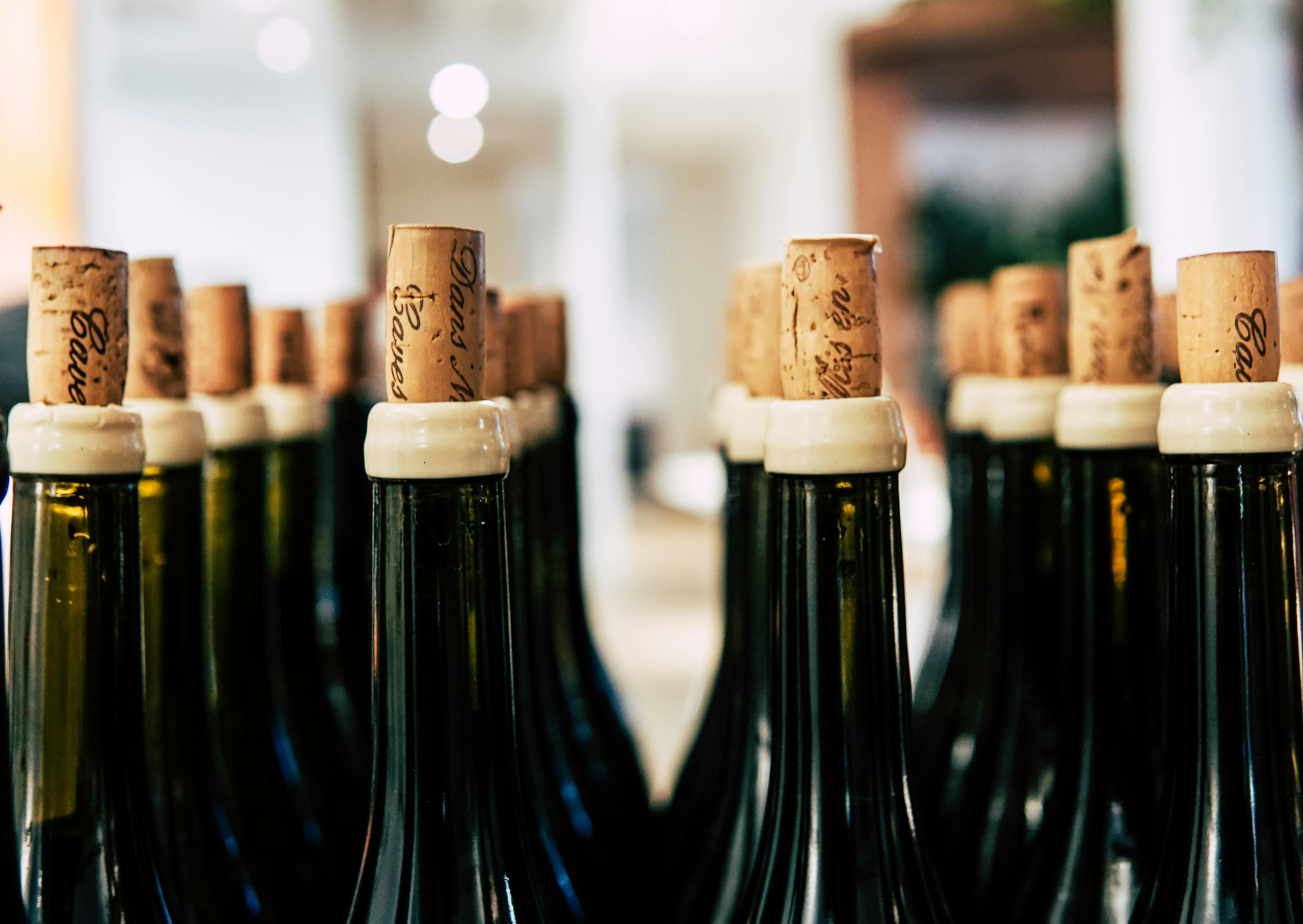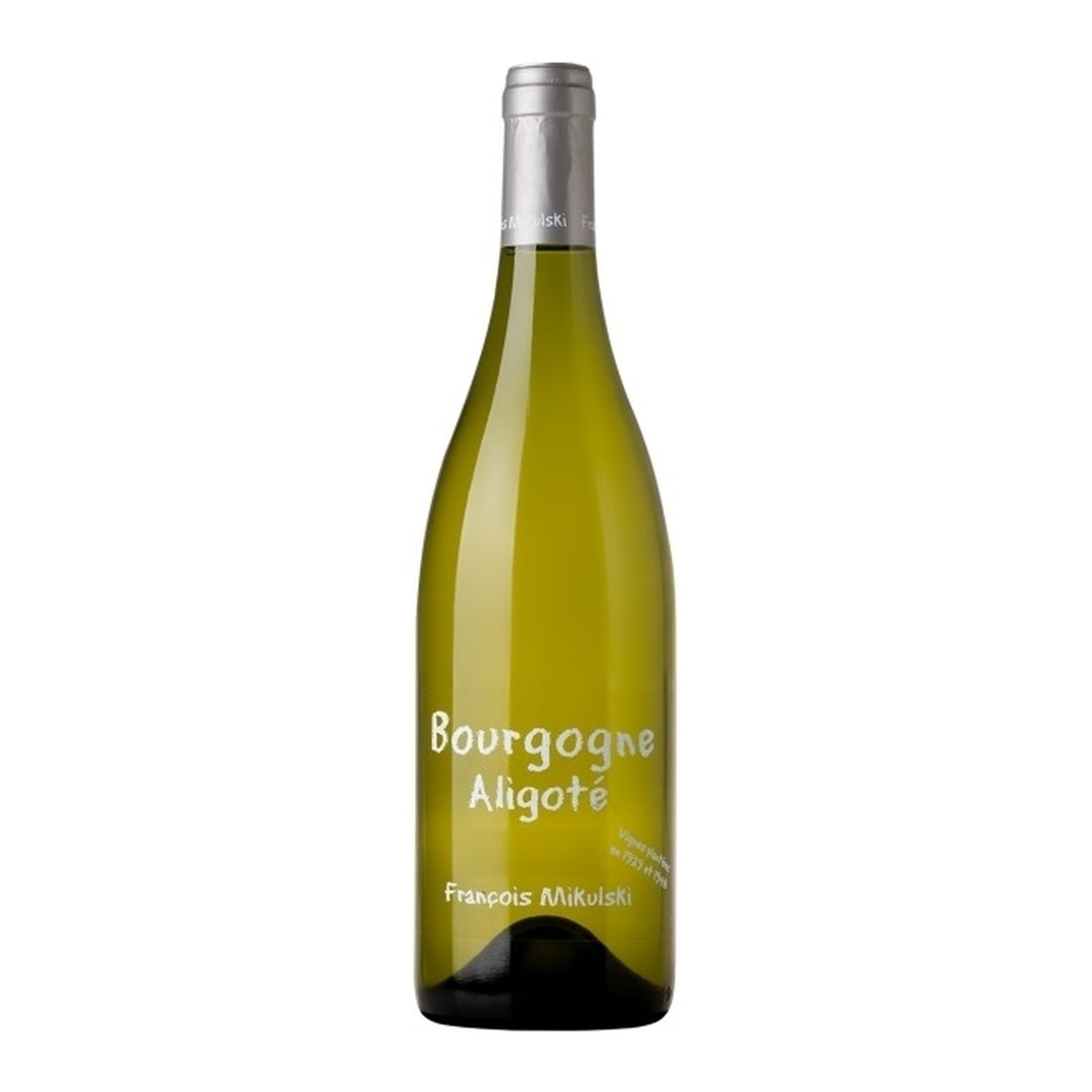
How can online retailing avoid a “massive race to the bottom”?
Ahead of their conference on profitability in a challenging market, Arabella Mileham of The Drinks Business spoke to our MD, Charles Waud, earlier this week to discuss if online retailing can avoid a 'massive race to the bottom'. Here's what he had to say on the subject.
Charles Waud is no stranger to ecommerce. As the md of Waud Wines since 2011, he has seen the market both rising and falling. But as he told db, one of the biggest challenges facing ecommerce is the feeling that “it is a massive race to the bottom at the moment – which is not a fight I am willing to engage in.”
“I’m fairly confident that you can’t discount wines forever, and there are people just discounting, discounting, discounting, discounting!” he said. “I understand that you want to do that to attract customers in but realistically, you can’t do that [by discounting] forever, and that’s my concern about online.”
But Waud, who has recently enlarged group of businesses includes online retailer Slurp, as well as fine wine Waud Handford Wines, insists that there are ways to trade responsibly and profitably in the current climate and can ensure a profitable and sustainable business into the longer term – tips he will be sharing in the db annual conference next month, which is titled ‘Profitability in a challenging market: securing growth without sacrificing margins’.
In recent years, it has been more about “who’s the cheapest, rather than how good a wine merchant you are,” he sighs. “But for us, it’s about having wines that other people don’t have, so you can control the margins.”
“If the wines are good and your customers trust you, then as long as the price looks a fair price and value for money – that’s our way around it.”
Tighter selection, nice stories
As a result, the team don’t import “loads and load of wines” that are already on the high street or one other website, concentrating instead on importing wines “with a nice story, that we really rate and we can highly recommend”.
“We’re not interested in giving things away and being busy fools. It’s about [asking] what the appropriate wines are? Where can we make the right margins and who are the right customers for us,” he explains.
Following the addition of online retailer Slurp to the portfolio in May this year, this is a particularly moot point, and Waud has plans to develop the Slurp business, while capitalising on its established customer’s loyalty, something that took him by surprise, he said.
The acquisition has opened up an interesting new avenue for the business, which started as a wine subscription club back in 2011 but has grown in the last 15 years to encompass online retail, fine wine, investment, brokering and adjacent services.
Diversification and Agility
Diversification and de-risking are two other key components of Waud’s strategy. This is evident from the company’s evolution from an subscription wine club with an online presence in 2011 to its current position as a multi-strand business. After branching into wine investment wine concentrating on Bordeaux en primeur (icon releases were added as time wore on), corporate events and gifting, which gave it access to more potential clients, the company expanded with three big acquisition. First came a private wine cellar building business, Wine Walls, and sister company, Wine Emotion, which installs wine dispensers in hotels wine bars, high end residential or golf clubs and other venues; then Handford Wines, a fine wine and private client sales business with over 30 years experience and its own retail store in London’s South Kensington; and finally online wine retailer Slurp. One of the early movers into the world of online wine sales, Slurp had been owned by Freixenet Copestick since 2017 but joined Waud Wines in May 2025.
Although the company now covers online retail, fine wine, investment, brokering and adjacent services, with £6million of fine wine under-management and annual sales of approaching £7m, Waud insists that its core premise – offering interesting wines that weren’t necessarily in the UK – hasn’t changed.
It combines, he says, a good mix of “old school” private sales with a personal service to build client relationships with a fresh new website that uses online platforms such as Vivino and Liv-ex to help bolster sales across its channels. Diversifying into a number of different areas means it is not overly reliant on any one channel, Waud points out, considerably de-risking the business.
Last month saw the launch of the new Waud Handford Wines website and the team – now armed with the database from both Handford Wines and Slurp (around 30,000 customers) are primed and ready for the next step.
Reacting to the market
The investment side of the business is where the biggest change has been seen, he says, as the current market conditions mean investors “are not enjoying the numbers they’re seeing”. But because of the way that the business is structured and derisked, Waud says there is no impetus to push clients to invest more money at the moment. “I don’t feel as overly fair… or appropriate,” Waud explains. “We’re selling it more as ‘if you want this wine for drinking, this is available’ – so hopefully we’re being quite responsible.”
Maintaining trust and a relationships with customers is therefore key, he argues – it is “all about finding the right balance”.
The right balance
For example, productive use of technology can enhance the customer experience and support sales, he says. The team rolled out an successful AI chatbot facility on its site over a year ago and was impressed with the “remarkable information” that it could offer. But there need to be balance between technology and personal interaction which can meet the needs of different customer segments. “You can use them both appropriately”, Waud adds, noting that some of the more “old school customers” still want to talk to someone and come into a retail shop.
This points to a fundamental point in that automation isn’t something to be feared. By automating processes to handle increased demand for example, personnel can be freed up for other tasks. He points out that during the “berserk” Covid times, manually adding orders to the stock-system and onto the warehouse was a full-time job, but now that process has been automated.
“It’s been really helpful to mean that we’ve invested in technology rather than just more people – but it is about having the right balance. There are balance between people and technology, and you can use them both appropriately.”
Charles Waud will be taking part in db’s annual conference that take place at the Science Gallery in London on Wednesday 8 October from 9.30-5pm. He will be speaking on a panel focused on online ecommerce and what shapes a successful eCommerce business strategy in the competitive UK wine landscape. The panellists will analyse the drivers of success and how to super-charge online, challenging some common assumptions and ‘truisms’ that don’t always hold up in practice as well as weighing up the pros and cons of consultancy versus in-house approaches.
To find out the full list of speakers and to sign up to attend click here.
16th September 2025 by Arabella Mileham - https://www.thedrinksbusiness.com/

